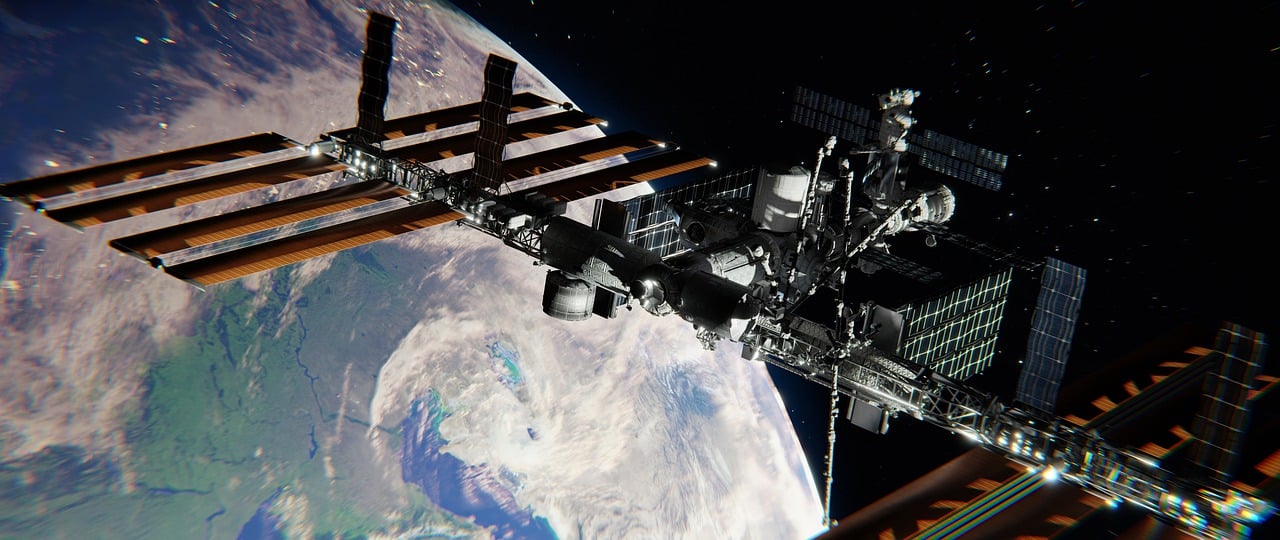
Aerospace startup Vast announced its plan to launch a private space station with the help of Elon Musk’s SpaceX as soon as August 2025. It is now selling 4 tickets to private individuals, likely choosing from individuals involved with philanthropic projects or scientific agencies.
First, the station, named Haven-1, will be launched without any crew into low-earth orbit by SpaceX’s Falcon 9 launch vehicle. Soon after, a SpaceX Dragon spacecraft will rocket 4 crew to inhabit the station.
How This Mission Compares to Other Space Tourism Ventures
While this mission has already been compared to other space tourism projects like Jeff Bezos’ Blue Origin and Richard Branson’s Virgin Galactic, it is on an entirely different scale. Virgin Galactic’s flights are only about 90 minutes long and Blue Origin’s flights only last about 11 minutes.
Vast’s trip will be a whopping 30-days long.
Although Vast has yet to announce the ticket prices, they are expected to be enormously expensive.
The space station is relatively small for a long journey because of the limits of SpaceX’s Falcon 9 rocket. It will be around 10 meters long and 4 meters wide, roughly the size of two 40-foot shipping containers placed next to each other. However, Vast plans to expand beyond just one station. They designed it to be modular, allowing for additional modules to be added over time.
Vast and SpaceX’s Ambitious Long-Term Plan
Vast plans on eventually forming a 100 meter-long ‘spinning stick space station’ by combining 7 modules by the 2030s. Vast wants to build this kind of a spinning space station because it is currently the best way to create artificial gravity.
By rotating the station, centrifugal force is generated, creating a consistent downward force that mimics gravity. The goal for the finished station is to replicate Earth’s gravity, but Haven-1 will also rotate to generate artificial gravity. However, the centrifugal force it creates will not be as strong as Earth’s gravity and will be more similar to that of the moon.
Some of the parts of the final station are planned to be carried into low-Earth orbit by SpaceX’s new heavy-launch vehicle, Starship, once it’s a bit less prone to blowing up.
Vast isn’t the only private company trying to get into the space station business. It is only one of a handful of private aerospace companies announcing similarly ambitious projects.
Axiom Space is already building the first capsule for its plan to dock with the International Space Station. Tokyo-based Ispace recently launched a moon lander, in an attempt to be the first private company to successfully land a spacecraft on the moon (though it seems to have crash landed there).
Related Articles:
Get Ready for a Slew of AI Generated Android Apps Thanks to Google
15+ New Cryptocurrencies to Invest in 2023 – Compare New Crypto to Buy